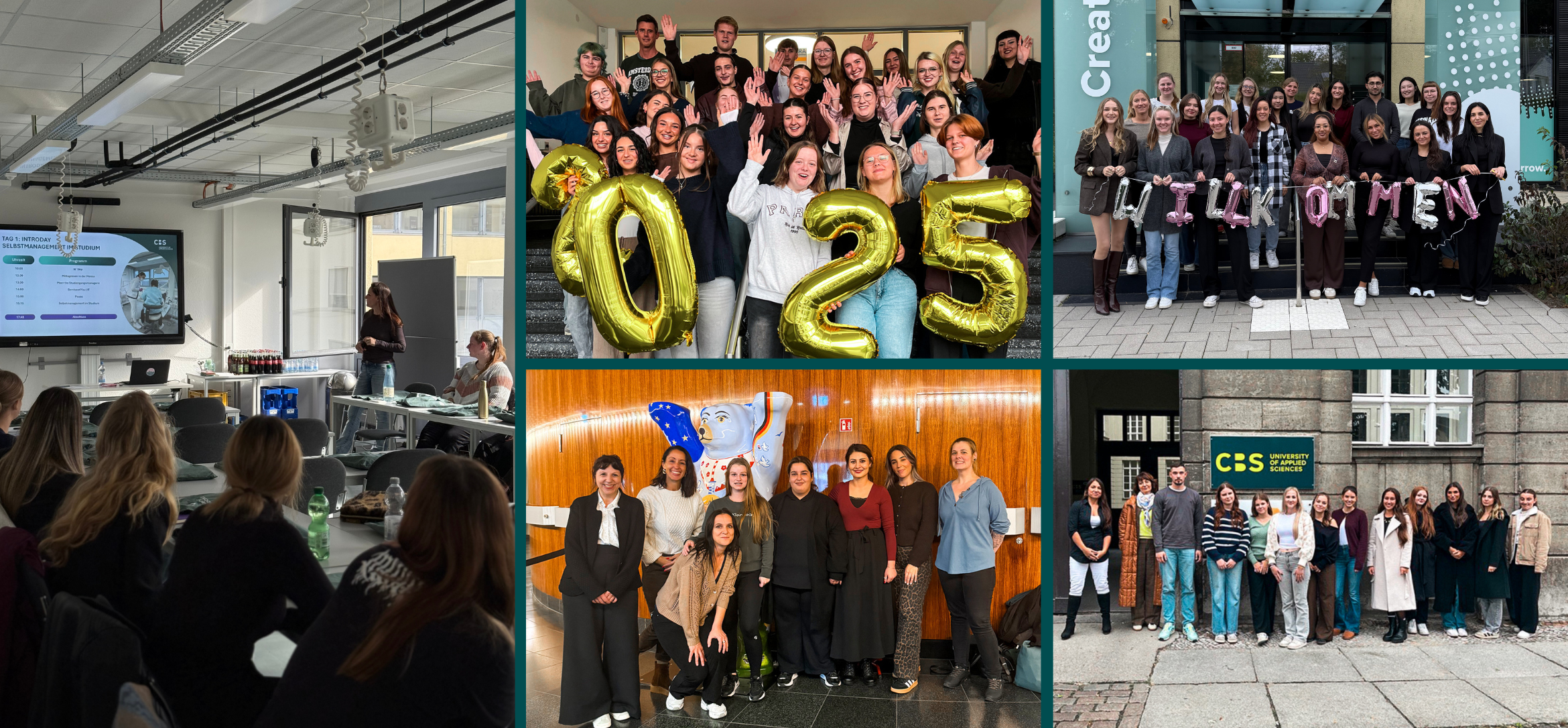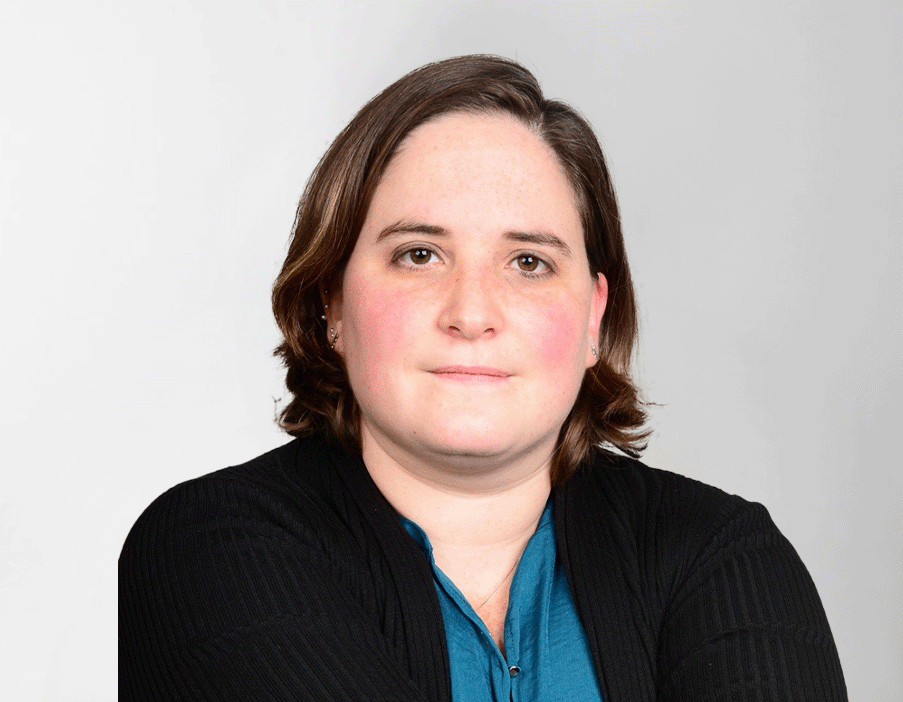CBS University of Applied Sciences
Shaping Careers, Creating Impact.
Your Studies at CBS University of Applied Sciences
Are you looking for a study programme that not only advances your career but also prepares you for the real-world challenges of your profession? At CBS, we combine academic excellence with hands-on experience, equipping you with the skills needed for a successful career.
No matter where you are or where you want to go, we offer the right study model for you—part-time or full-time—providing maximum flexibility to fit your lifestyle.
At CBS, you’ll become part of an engaging and inspiring learning community, where personal interaction on campus meets digital learning formats for the best of both worlds. Our strong integration of theory and practice brings your studies to life, ensuring you gain real-world skills from day one.
With personal talent coaching, a powerful career network, and hands-on practical experience, you’ll be on the fast track to success in a career that truly fulfills you.
Start your studies at CBS today—with the best prospects for your future!

Your studies with a future: A wide range of topics for your career
Discover our diverse subject areas — from health care via social sciences up to education and business. Our innovative study programmes are tailored to your professional goals and help you to be successful in a dynamic working world.
Our study formats at CBS University of Applied Sciences
Dual
You combine the best of both worlds: academic theory and practical application.
You apply your knowledge directly in practice and become financially independent.
Part-Time
You work full-time while further qualifying yourself with a flexible weekend study programme. This way, you achieve your career goals without making any compromises.
Why CBS University of Applied Sciences?
Our key benefits at a glance: Practice-oriented study programmes, personal support, and strong corporate partnerships. With future-focused content in business, social work, education, and healthcare, we prepare you for a successful career.

.jpg)
























